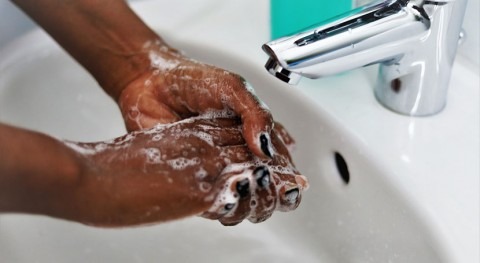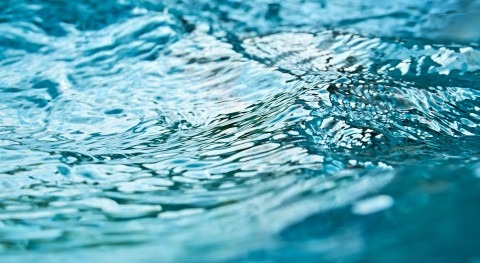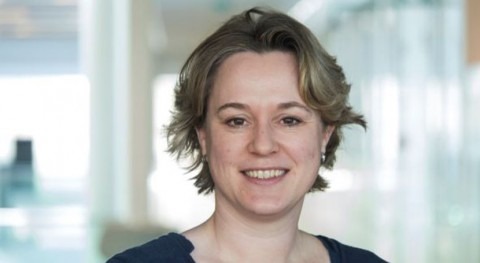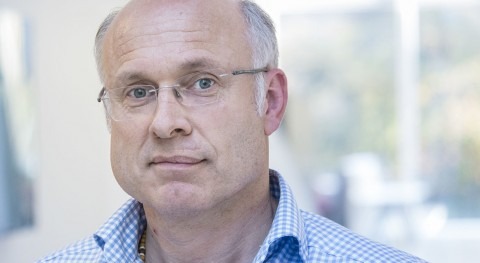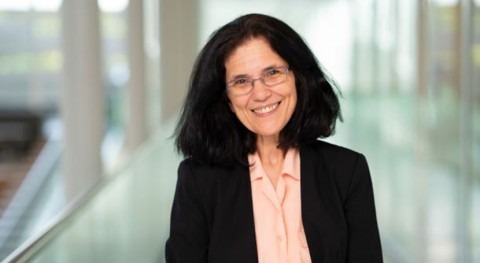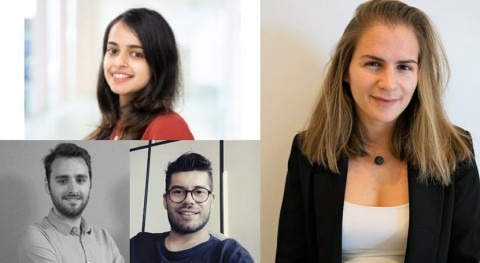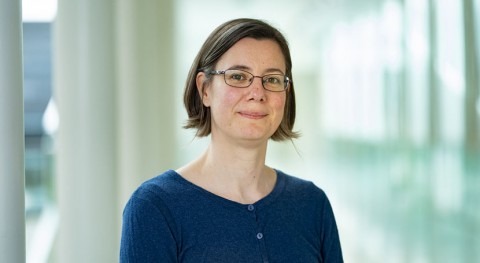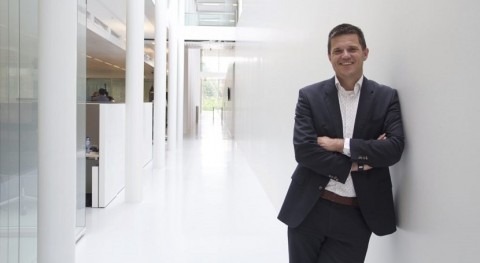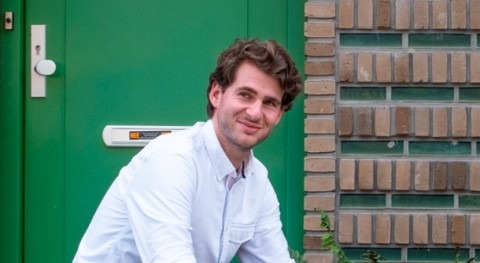How do you unite industrial and utility professionals to help drive long term water strategy and collaboration?
One answer being used in the Dutch province of Groningen is serious gaming.
After three dry summers in the Netherlands, a project called Aqua Ludens is bringing together stakeholders, including water authorities, drinking water companies, a seaports authority, agriculture, nature protection organisations, industrial companies, SME, knowledge institutions and municipalities.
With serious gaming at its heart, Aqua Ludens aims to help engage and connect multiple stakeholders by sharing insights into the importance of water, freshwater availability and economic feasibility.
The three-year project includes partners KWR Water Research Institute, WLN (Water Laboratory North), Exeter University (UK) and NHL Stenden University of Applied Science Leeuwarden.
Experiencing the future, together
“Historically, the Netherlands has been used to an abundance of water, but the recent summers show that even here, we face a situation with a lack of freshwater," said Dirk van der Woerdt, strategic advisor business development at WLN, a joint venture of the drinking water companies from the provinces of Groningen and Drenthe.
With the industry expanding in the future, there will be a large increase in demand for process water, including for green hydrogen production.
“Scenario planning is a traditional method for long-term water strategy, but with serious gaming, we can engage the people involved to a higher degree. People can experience the future situation together,” added van der Woerdt.
Aqua Ludens aims to help engage and connect multiple stakeholders by sharing insights into the importance of water, freshwater availability and economic feasibility
For its first meeting, Aqua Ludens introduced serious gaming to nearly 15 stakeholders across the region. For many, it was an entirely new concept.
“Rather than starting conventionally by talking to each other, we started the meeting with a serious game to help everyone immediately engage with each other,” he added.
Contrary to casual gaming, which has the primary objective of entertainment, serious gaming enables individuals to swap places and roles but virtually in a safe environment.
It has been developed with the primary goal of education and learning to facilitate interaction between people with rules, structures and goals.
Peter van Thienen, a principal scientist at KWR, believes all stakeholders are needed to help design water systems of the future, and serious gaming is one way to engage large, diverse groups.
“Different stakeholders sometimes lack a complete understanding of the functioning of the water system or the complete overview of the motivations of other stakeholders,” he said. “Additional instruments, such as serious gaming, can help with this understanding and thus lead to more balanced decisions.”
Insight into water supply and demand
Aqua Ludens is co-financed by the WiCE programme, part of the research from Dutch drinking water companies that are shareholders of KWR and several other stakeholders through the organisation, EemsdeltaGreen.
Partners collaborate on multiple components, including mapping users and needs, game design, and system knowledge in a model and application. Over the three years, the serious game being developed will offer the following:
- Development of a hydrological/economical model to provide insights on how different measures and interventions will help to balance supply and demand in the future
- Making the impact of measures and investments visible, also for individual parties such as industries, and how choices made now can influence available choices in the future
- Making the impact of scenarios transparent
- To go through the 'search process' of the possible impact of the scenarios together with the stakeholders.
After the three-year project in the Groningen province, the partners intend to take the learnings further afield in the Netherlands and internationally.
“In the long term, we want to apply the approach to other areas in the Netherlands and beyond the country’s borders,” added Peter van Thienen. “We’re developing a solution which can be applied elsewhere.”





